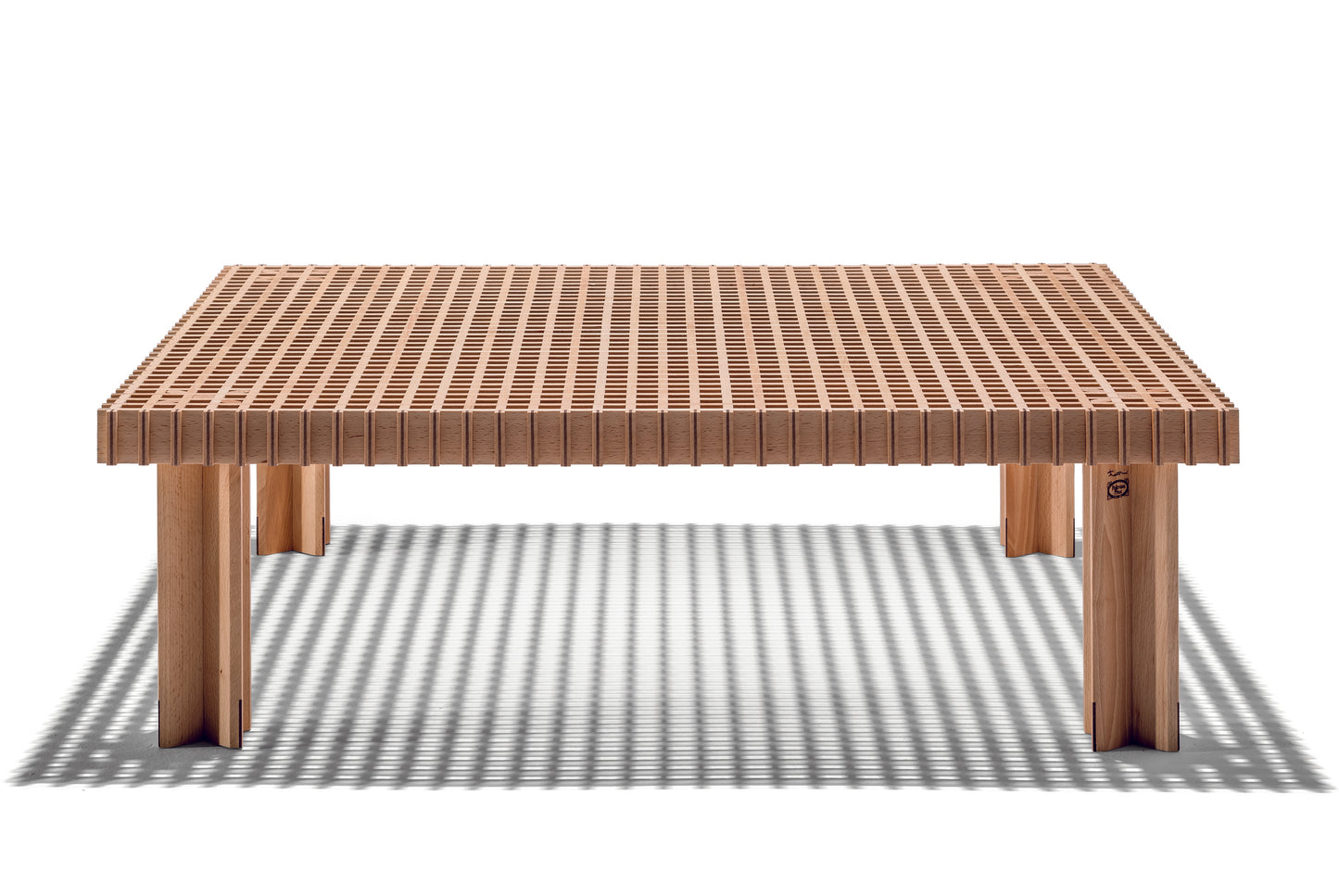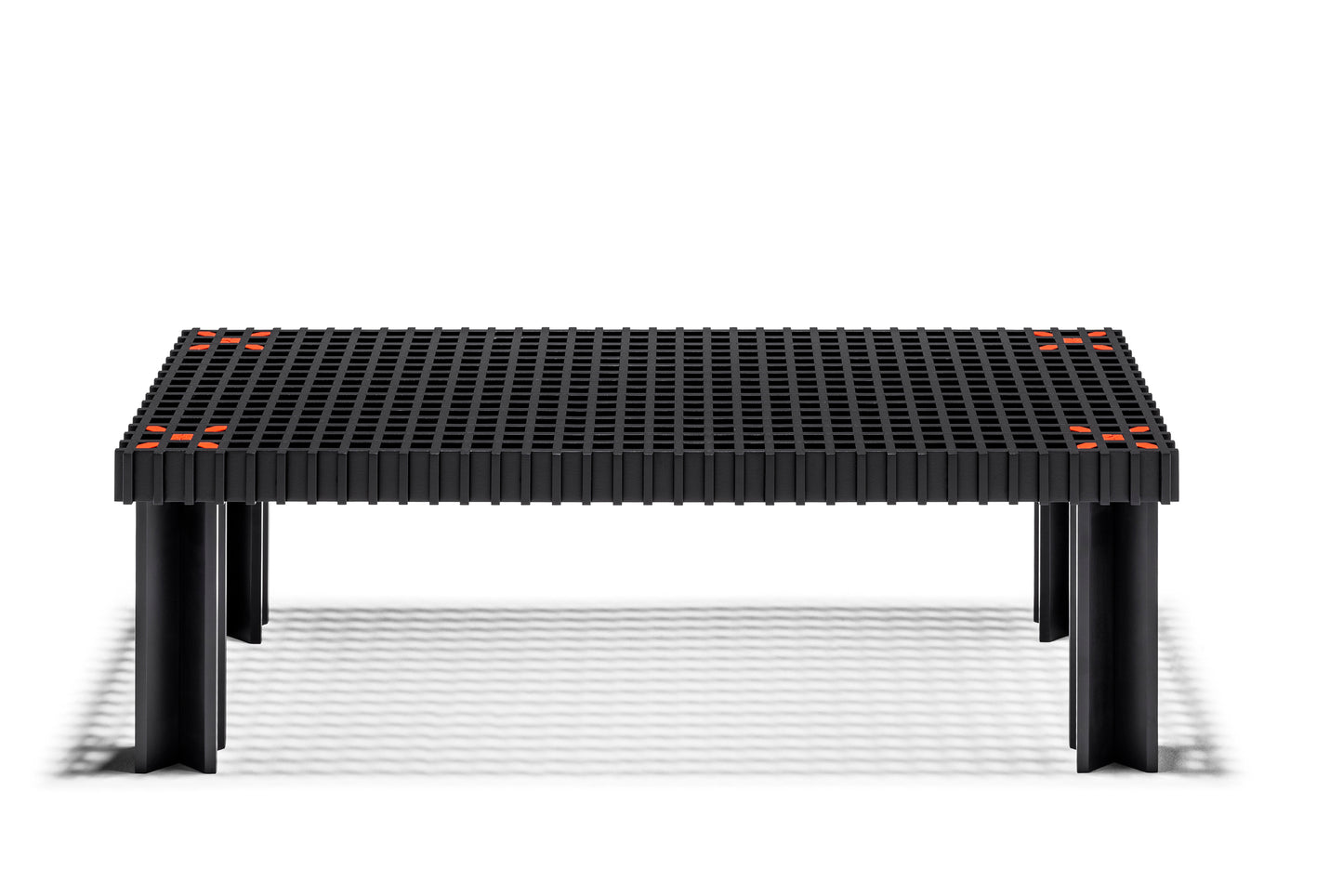1
/
of
5
daylight
Poltrona Frau Kyoto Coffee Table
Poltrona Frau Kyoto Coffee Table
Contact form
Regular price
$0.00
Regular price
Sale price
$0.00
Unit price
/
per
| Model | POF-CT004 |
| Size | L102*W102*H32cm |
| Material | Wood |
| Color | Customized |
| Brand | Poltrona Frau |
| description | Understated and refined, the Kyoto table by architect and designer Gianfranco Frattini is the perfect blend of design vision and master craftsmanship. In the early 70s, during a trip to Japan to study the work of the local craftsmen, Gianfranco Frattini visited the craft workshops of Kyoto together with expert carpenter Pierluigi Ghianda, who would become his friend and collaborator. Inspired by the processing techniques and aesthetics of the area, the designer conceived the idea of a joint that would form the basis of the table of the same name. Production began in 1974 and Kyoto immediately became synonymous with a concept of understatement which, as in the best Italian design tradition, combines a brilliant idea with impeccable execution. In the Kyoto table the concept of construction becomes the object itself. The absence of decorative elements exalts the beauty of the raw material - the Canaletto walnut inserts have a precise strengthening function - requiring great technical ability and care as well as an in-depth knowledge of the material. Revisited by Poltrona Frau with utmost respect for the original project, the Kyoto table reflects the skills and expertise of a new wave of artisans, heirs to the rich Italian wood crafting tradition, and stands alongside Albero and Turner as an example of high-end craftsmanship. The black finish, also borrowed from the original version that Frattini designed together with the carpenter, is created with a black open-pore varnish which is then applied to the solid beech wood structure. In this particular version, in order to maintain the graphical and mechanical effect of the legs inserted in the grating, Frattini decides to colour the tops of the legs with a vibrant red lacquer in homage to the Japanese culture that inspired the project. With this expedient the position of the legs is always visible due to the colour contrast with the tabletop, constituting another distinctive feature of the product. Kyoto forms part of the permanent collection of the Design Museum at the Milan Triennale. |
Share










